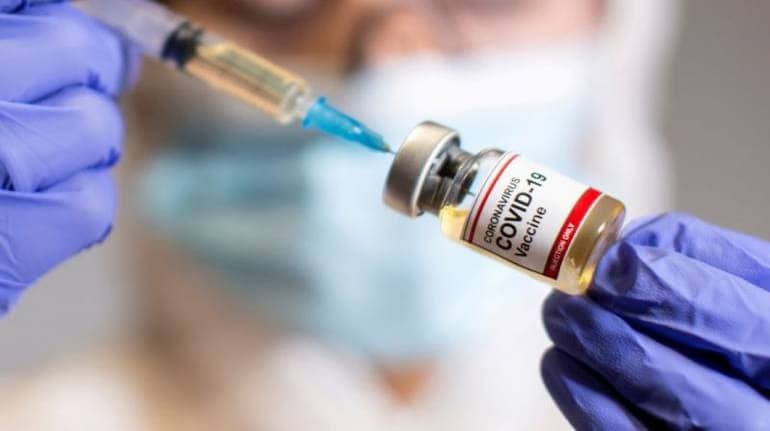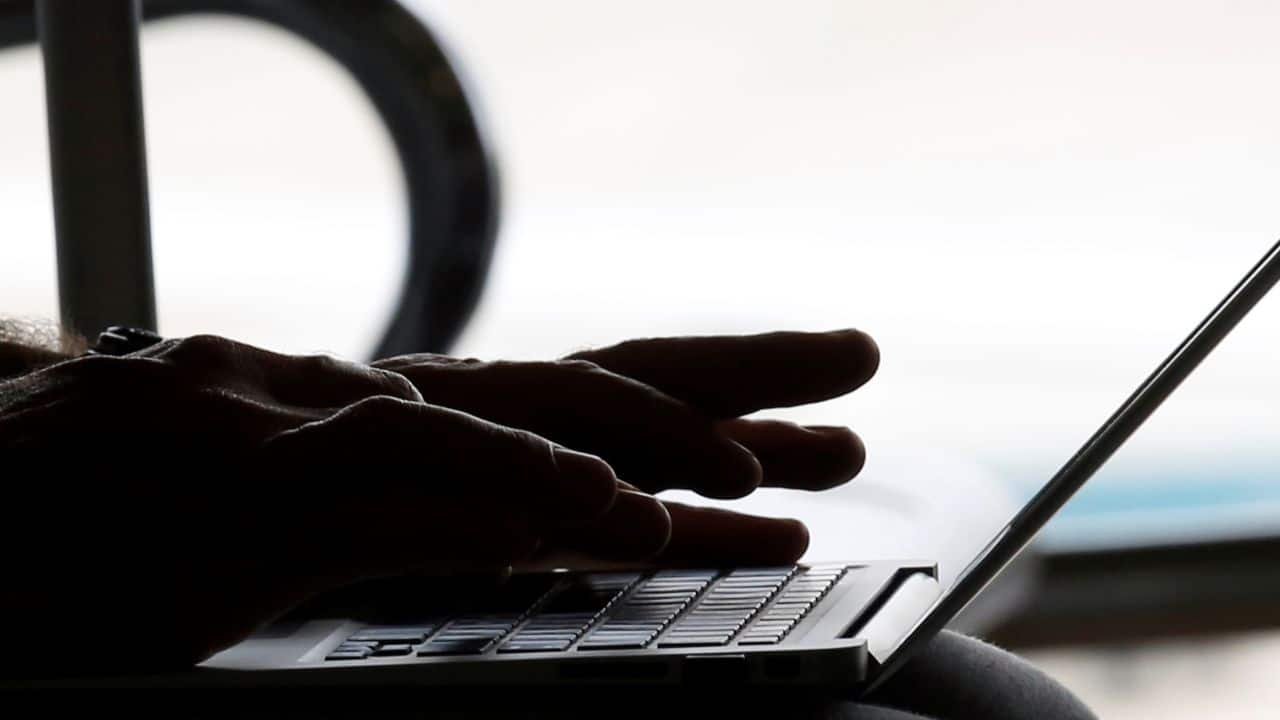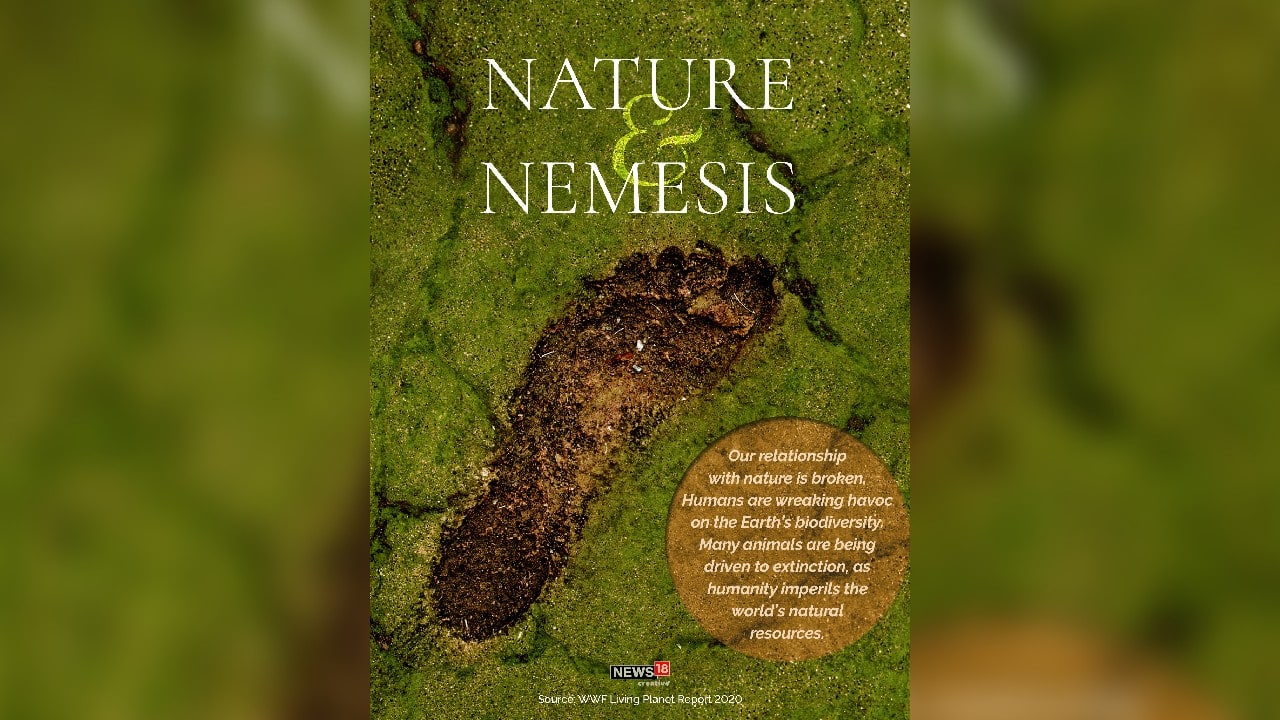Serum Institute of India on December 6 applied for emergency use authorisation for the Oxford-AstraZeneca COVID-19 vaccine, thus becoming the first indigenous company to apply to the Drugs Controller General of India (DCGI) seeking clearance for a vaccine in the country.
This comes against the backdrop of growing hopes that a successful vaccine might be rolled out in as early as coming weeks. In fact, in the United Kingdom, the first 50 National Health Service (NHS) hospitals are gearing up for what the UK government has described as the "biggest immunisation programme in history".
That, however, is the UK. What about India? Now that SII has applied for emergency use, when are Indians likely to finally get Covishield, as the vaccine is called?
Read: Serum Institute to focus on supplying coronavirus drug to India first
Is there a fixed date when we can expect a vaccine?
No specific date has been fixed, but earlier, while speaking to CNBC TV-18, SII CEO Adar Poonawalla had said that India could approve emergency use of the COVID-19 vaccine by December 2020.
Meanwhile, Prime Minister Narendra Modi on December 7 said that Indians will not have to wait for a COVID-19 vaccine for "too long".
Read: Why AstraZeneca-Oxford COVID vaccine is best suited for India over Pfizer, Moderna shots
"One thing which I will definitely remind you is that the wait for a vaccine is on, but in the past few days, I have met scientists, and feel that the country will not have to wait too long for it," the prime minister said as he inaugurated the phase one of the construction of Agra Metro project.
During an all-party meeting on December 4, Modi had said the government is forming a comprehensive vaccination strategy and had indicated that a vaccine might be available in the coming few weeks.
How many doses of Covishield have already been produced?
According to the Indian Council of Medical Research (ICMR), SII has already manufactured 40 million doses of the vaccine under the at-risk manufacturing and stockpiling license it obtained from the DCGI.
Also, SII had on September 29 said it aims to make an additional 10 crore doses of COVID-19 vaccine for low and middle-income countries, as part of its tie-up with the Gates Foundation and Gavi, The Vaccine Alliance.
What would be the cost per dose?
According to SII CEO Poonawalla, the vaccine in the Indian private market would be priced at Rs 1,000 per dose ($13.50), but that governments signing large supply deals would likely buy it at lower prices.
Follow our LIVE blog here.
Will all Indians get the vaccine once it is approved?
Not really. For starters, once it is cleared, the vaccine will be used to protect priority beneficiaries identified by the Centre, including frontline healthcare workers and the elderly.
Moreover, the government had last week said that it had never said that the entire country would be vaccinated.
"I just want to make this clear that the government has never spoken about vaccinating the entire country. It's important that we discuss such scientific issues, based on factual information only," Health Secretary Rajesh Bhushan had said.
Explaining the statement further, the Director General of ICMR Balram Bhargava said vaccinating the entire population may not be required if "critical mass of people" is vaccinated and the chain of virus transmission is broken.












_2020091018165303jzv.jpg)



























